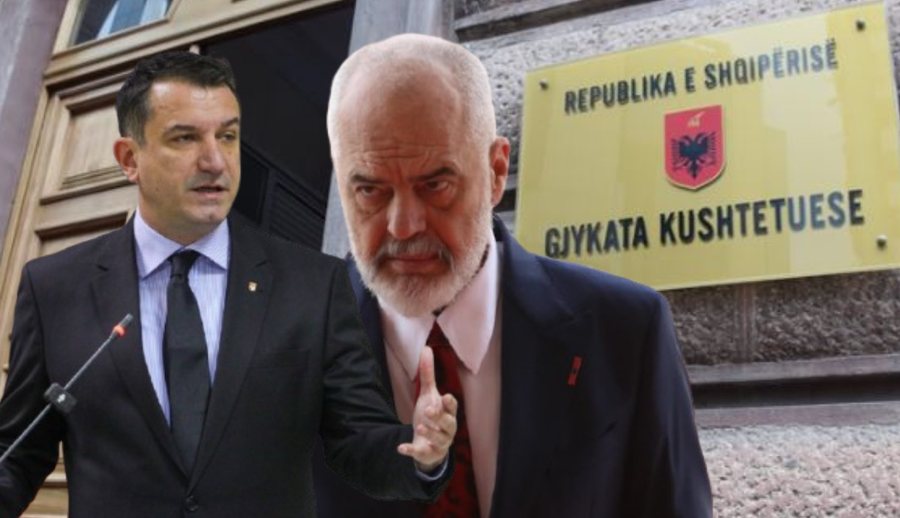
The Constitutional Court has spoken. After months of waiting, judicial and media debates, public discussions and behind-the-scenes political bargaining, based sometimes on constitutional logic, sometimes on speculation, today we have a decision. Edi Rama's decision to dismiss the mayor and the hastily issued decree by President Begaj received a clear answer: they are unconstitutional.
There will be those who are angry and many more who are happy. Analyses and comments about political games and intrigues will fill the public spaces. Some will say that the Constitutional Court is showing independence to stand up to the government. Others, permanent analysts of "outdated" theories, will insist that "this was also Rama's move" to postpone the elections to a more favorable moment.
But speculation is futile. The facts are public and need to be analyzed.
The whole situation began as a pure political game, a “palace conspiracy”, as the Socialist Party has a historical tradition within itself. Rama was the originator, the orchestrator and the executor. He was the one who on September 11 articulated the idea of dismissal and also included the disoriented opposition. He was the one who actually dismissed him, although he tried to hide behind the formal decision of his political advisors in the Municipal Council. The newly appointed Minister of Local Government hastily prepared the documents, while Rama signed them just as hastily. He rushed so much that he even “kidnapped” President Begaj, who, in open violation of the Constitution, decreed the date of the elections.
Despite the legal labyrinths, everyone understood: everything was Rama's whim, oversaturated with power and untouched after May 11 — with 86 mandates and an exhausted opposition, on the periphery of politics and unable to influence, or even produce a candidate for an unexpected vacancy that he himself had naively greeted for 12 hours.
The haste, brutality, arrogance and delusion of grandeur that have gripped Rama are the roots of this decision of the Constitutional Court. The denial of the right to be heard in the Municipal Council or in the Council of Ministers are minimal procedural violations that collapse any legal process. The frantic speed, the contempt for institutions and the banal belittling of even the Presidency were obvious.
But above all: Rama did not have the courage to face the essence of the issue. He did not dare to dismiss the mayor for the serious legal and financial violations that constitute a moral burden for any public leader: the incinerators, the building permits, the cleaning of the city, abusive tenders for public services, the murder of Ardit Gjoklaj, the 5D scandal — and many others. SPAK and GJKKO have already paved the way with several decisions that directly affect this reality.
Rama did not do this not because he could not, but because if he did, he would expose his own model of governance. Many of the affairs are nothing more than a reflection of Rama's own method, and any blow to Veliaj would become a precedent against all his political soldiers — in local and executive government — who do nothing without his approval. Under the poor advice of the mediocre lawyers surrounding him, he chose the naive strategy of "roasting Veliaj's meat without burning his own skewer."
Precisely for this reason, the Constitutional Court ruled: a mayor cannot be dismissed for "failure to appear for duty" without respecting minimum constitutional standards.
The real winners today are those who read the signs of the times and understand that Rama's power is rapidly degrading. His fear, Veliaj's cautious but real rebellion, the grim developments at the front, the unfavorable international climate (especially in the US), and a reenergized SPAK — indicate that we have entered a new political phase.
This decision of the Constitutional Court is just the next sign!
























